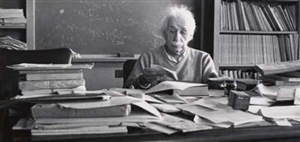Does anyone else on this site have their own 'personal collection' of antiquated electrical equipment that's in too good a condition to throw away, or may be unique?
I was caused to wonder this by the 'reuse' thread. We're starting a full rewire soon on a property which has a beautiful combined service head, main switch and fuseboard, all in one unit. I can't remember who made it, I want to say Callenders (later BICC). it's light cream coloured (almost the GPO 'light straw' if anyone's familiar) and with gilded lettering stating the purpose of each 'section' (Electricity supply, main switch and 'fuses').
I fully intend to keep at least the main switch and fusebox as functional (but clearly not actually used) items, and the service head if it turns out it can't be separated from the main switch easily, or if the DNO decide. I suspect it has rewireable fuses in, and possibly even a neutral fuse, although the meter dates to the 80s so that would likely be linked out.
In any case I'll be taking detailed photos of the installation as it is before we disturb it.
My colleague regards this as timewasting and would love to destroy the old gear in a blaze of RCBOs and 18th ed. compliant boards, but I bribe him with lunch to allow me to save such relics. I feel it's part of history?
Am I alone in this respect, and if not, how out of hand can it get?
